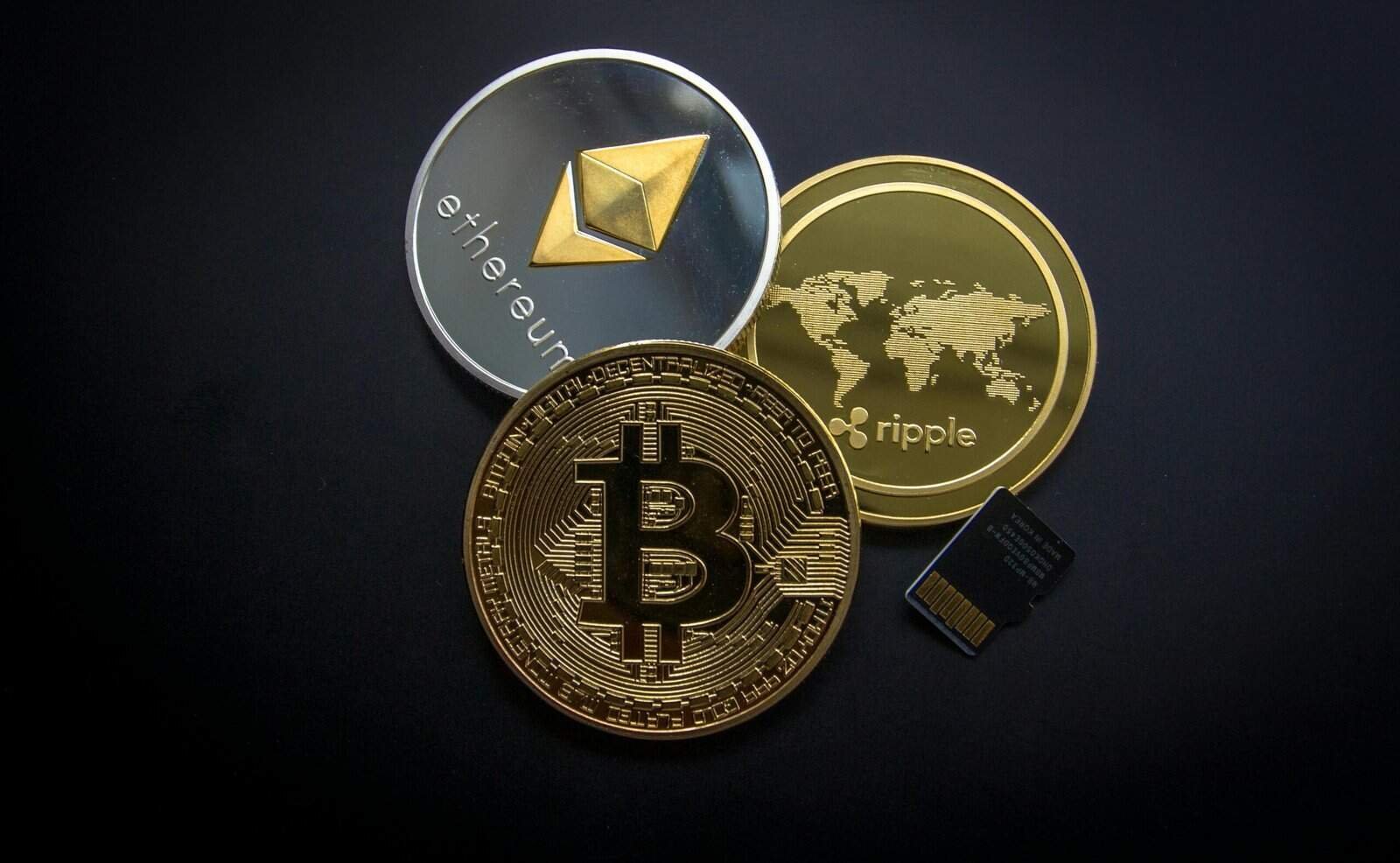Have you ever wondered which crypto coins can boast the speediest transactions? In the fast-paced world of cryptocurrency, time is money. Efficient and swift transactions not only enhance user experiences but also play a crucial role in the adoption and scalability of cryptocurrencies. So, let’s embark on an informative journey to discover the best crypto coins that offer lightning-fast transaction capabilities.
Understanding Fast Transactions in Cryptocurrency
The concept of fast transactions is vital in the cryptocurrency landscape. It refers to how quickly a transaction can be confirmed and settled on a blockchain network. In this digital era, time efficiency in processing payments can be a deciding factor for choosing one cryptocurrency over another. But what influences these transaction speeds, and why are they so crucial?
Why Speed Matters
Fast transactions are essential not only for everyday crypto users who need quick access to funds but also for businesses that aim to provide seamless payment experiences to their customers. Imagine being in a retail store, eager to check out, but waiting several minutes for a payment to confirm. Speed reduces friction, enhances user satisfaction, and ultimately supports a cryptocurrency’s wider adoption.
Factors Influencing Transaction Speed
Several factors can affect how fast a crypto transaction is processed. These factors include the coin’s consensus mechanism, network congestion, block time, and scalability solutions implemented by the network:
Consensus Mechanism: Different cryptocurrencies use varying mechanisms to confirm transactions. Proof of Work (PoW) might be slower compared to Proof of Stake (PoS), for instance.
Network Congestion: High network traffic can slow down transactions. The more people are using the network, the more competition there is for transaction processing.
Block Time: This is the time it takes to create a new block in the blockchain. A shorter block time generally leads to faster transactions.
Scalability: Some cryptocurrencies implement scalability solutions like second-layer protocols to handle more transactions simultaneously and efficiently.
Top Crypto Coins for Fast Transactions
Now that we’ve established what influences transaction speed and why it matters, let’s explore some of the leading crypto coins recognized for their quick transaction capabilities.
1. Ripple (XRP)
Ripple is often celebrated for its speed and efficiency, particularly in cross-border transactions. Unlike traditional banking systems that may take days, Ripple transactions are settled within seconds. Ripple’s consensus algorithm, the Ripple Protocol Consensus Algorithm (RPCA), allows it to confirm transactions swiftly and with minimal energy consumption.
2. Stellar (XLM)
Stellar strives to offer fast, affordable international transactions, aiming to bridge the gap between cryptocurrencies and fiat currencies. Its consensus mechanism, known as Stellar Consensus Protocol, enables it to process transactions in about 3-5 seconds, making it an attractive option for those prioritizing speed and low costs.
3. Solana (SOL)
Solana has garnered attention for its impressive transaction speeds. Boasting average block times of 400 milliseconds, Solana can handle thousands of transactions per second. This is possible due to its unique consensus combination of Proof of History (PoH) and Proof of Stake (PoS).
4. Algorand (ALGO)
Billing itself as a next-generation blockchain, Algorand offers both quick transactions and strong security measures. With a block time of approximately 4.5 seconds, Algorand is designed to eliminate delays and offer a smooth user experience through its Pure Proof of Stake (PPoS) mechanism.
5. Nano (NANO)
Nano focuses solely on transaction efficiency, aiming for real-time transactions with zero fees. Its block-lattice architecture enables each account to have its blockchain, leading to fast and fee-free transactions. Nano’s design eliminates congestion problems and makes it ideal for microtransactions.

Comparing Speed Metrics
To make informed decisions, it’s crucial to compare the speeds of these fast transaction crypto coins. Here’s a quick comparison:
| Cryptocurrency | Average Block Time | Transactions per Second (TPS) |
|---|---|---|
| Ripple (XRP) | 4 seconds | 1,500+ |
| Stellar (XLM) | 3-5 seconds | 1,000+ |
| Solana (SOL) | 400 milliseconds | 65,000+ |
| Algorand (ALGO) | 4.5 seconds | 1,000+ |
| Nano (NANO) | Instant | 1,000+ |
Each cryptocurrency brings unique capabilities to the table, and the best choice often depends on user needs, such as transaction fees, network security, and additional features.
How Transaction Speed Affects Crypto Adoption
Rapid transaction speeds play a pivotal role in the adoption and growth of cryptocurrencies. They address core concerns for both individual users and businesses:
Enhancing User Experience
Fast transactions empower users with immediate access to their funds. This immediacy is expected in modern financial transactions, aligning with user expectations set by instant payment services outside the crypto world.
Enabling Real-Time Applications
Applications like real-time gaming or auctions, where every second counts, benefit significantly from quick transaction processing. It enables seamless integration of crypto in fields where speed is a critical factor.
Supporting Global Remittances
For people using cryptocurrencies to send money across borders, fast transactions reduce the waiting time, providing a more efficient and cost-effective alternative to traditional remittance services.

Challenges Faced by Fast Transaction Cryptocurrencies
While speed holds numerous merits, there are potential challenges and trade-offs that these cryptocurrencies face:
Security Concerns
As transaction speeds increase, ensuring robust network security becomes a pressing concern. Fast confirmation times may sometimes compromise security if not managed carefully, making thorough evaluations of security protocols essential.
Centralization Risks
Some consensus mechanisms that prioritize speed might lean toward centralization, affecting the decentralized ethos that defines cryptocurrencies. Careful balance and innovative solutions are necessary to maintain both speed and decentralization.
Network Scalability
While current technologies allow for thousands of transactions per second, continuous innovation is required to scale with future demands without compromising speed or security.
Future of Fast Transactions in Cryptocurrency
The landscape of fast transactions is ever-evolving, with continuous research, development, and potential breakthroughs on the horizon:
Second-Layer Solutions
Technologies like the Lightning Network for Bitcoin and various second-layer solutions for other cryptocurrencies are in development to further enhance transaction speeds without altering the underlying blockchain.
Improved Consensus Protocols
Ongoing research into efficient consensus mechanisms aims to combine speed and security, ensuring that networks can securely process transactions faster.
Quantum Processing
As quantum computing develops, there may be opportunities to reimagine transaction processing speeds on an entirely new scale, though it also brings challenges in terms of cryptographic security.

Conclusion
Understanding which crypto coins are best for fast transactions is crucial for navigating the digital currency world. Ripple, Stellar, Solana, Algorand, and Nano all provide impressive transaction speeds made possible by their innovative technologies. While speed certainly enhances user experience and adoption rates, it’s also essential to consider the potential trade-offs and challenges.
The ever-advancing realm of cryptocurrency continues to unfold with exciting advancements in transaction processing capabilities. Whether you’re seeking a quick investment transfer or looking to implement cutting-edge payment systems in your business, keeping abreast of these developments will empower you to make informed decisions. Embrace the future of transactions, where speed meets innovation.
In the journey of understanding cryptocurrency, speed isn’t everything, but understanding its place in the digital ecosystem enriches your insights and strategies in the evolving financial landscape.

